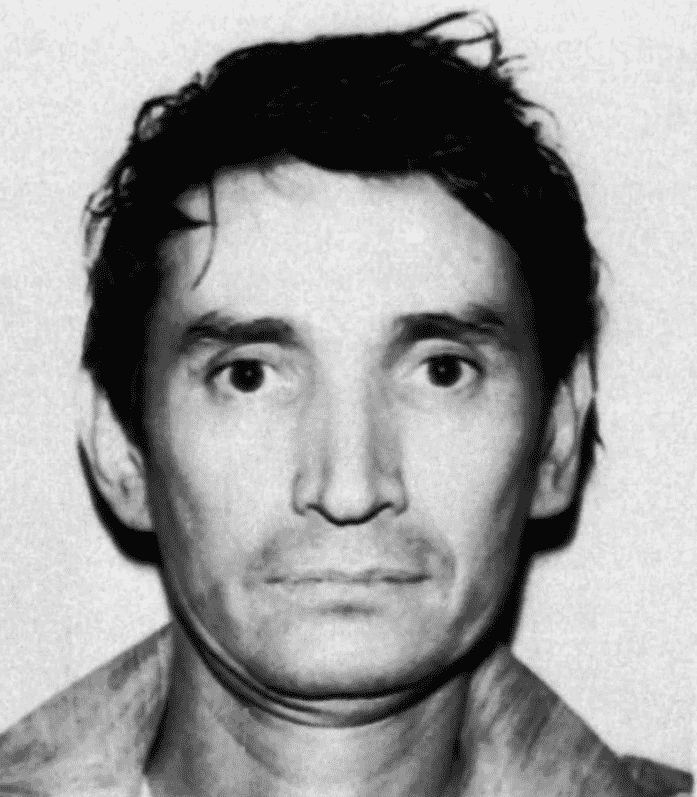Felix Gallardo, the "Boss of Bosses" drug lord, is sentenced to house arrest
Due to his age and the state of his health, the Seventh District Court for Federal Criminal Proceedings in Mexico City concluded that "El Jefe de Jefes" can be detained in the comfort of his own home.





